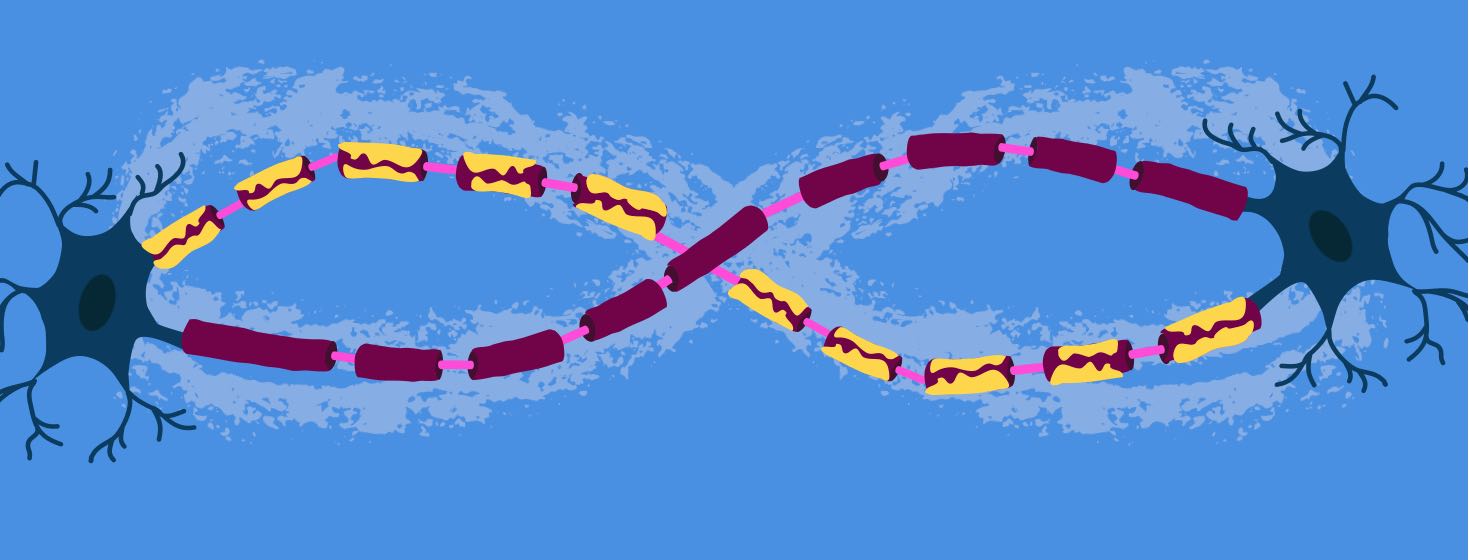"When Are You Going to Get Better?"
When you suffer from a chronic illness like Multiple Sclerosis, you tend to get some interesting and somewhat baffling questions. One of the more puzzling inquiries that we often receive has to do with when we are getting better. If you’ve had MS or another chronic illness for a bit of time, you’ve probably been asked something similar. When are you going to get better? Feeling better yet? You’re still sick? How long are you going to be this way? All various ways of asking us why we’re still sick. Despite the disease having no cure, this question still comes up a lot.
Confusion from the name "relapsing-remitting"
I understand how there can be a little confusion when it comes to asking about someone with MS. Despite having no cure, the most common kind of MS is confusingly known as Relapsing-Remitting Multiple Sclerosis. This name seems to indicate that the disease can go away, even though it doesn’t. You may have periods of time when you are not in a full-blown exacerbation (or relapse as some call it), but that doesn’t mean the disease is gone or that your issues aren’t lingering. An exacerbation is when symptoms are worsening, when more damage is being done to the myelin that surround your nerves. And that damage can add up over time.1
RRMS doesn't go away
At first, you may still appear pretty well after an exacerbation, but as these relapses continue to happen over time (causing more and more damage), you eventually have symptoms that don’t seem to ever go away. Just because you aren’t in a relapse, doesn’t mean the disease isn’t still active. It may be working slowly to damage your myelin, even though you can’t notice it yet. It also may not be doing much but waiting for the next chance to strike. (So if someone asks why you are taking that medication, you’re taking it to prevent further relapses). The idea that the disease remits and goes away isn’t really an accurate description, and I think it creates confusion. Not just amongst those with the disease, but with everyone.1
You look fine
Many of the symptoms of MS are of the invisible variety: fatigue, pain, spasms, cognitive issues, etc. This world is incredibly focused on what they can see. If people can’t see an outward sign that you are sick, it can confuse them. Many people simply can’t get it through their head that you can be sick and look fine. This can lead many people to wrongly inquire about your level of sickness and even assume that it’s gone. As they say, looks are deceiving.
You can't really beat MS the same way as other illnesses
Many people expect us to get better because they are used to seeing others rebound. Not simply with common sicknesses like the common cold or flu, but even those with maladies like cancer. People are so used to hearing about so and so being a “survivor” and recognizing that they “beat” their disease. You can’t really beat MS the way you can beat cancer. You may be able to live your best life and keep the disease in check, but it’s never actually gone. That’s not a concept that a lot of people can understand.
The impact of these MS misconceptions
Of course, people asking you when you’ll get better is annoying. It’s also extremely disheartening because it really demonstrates a complete lack of knowledge about the disease. If it’s a friend or family member, that can be pretty upsetting. You’d like to think that those who care about us would take the time to learn a little more about our disease. I sort of think that’s the most important thing a loved one can do. Nothing warms my heart quite like hearing someone say “so, I was reading about MS...”.
We need people to understand
Aside from those that are close to us, when strangers or acquaintances ask us when we’ll be better, it can give us a different kind of crushing feeling. They know we have MS, but know little about it. That seems fair, but it doesn’t inspire me with confidence that we’ll ever cure this disease. If people think we can get better, I doubt those folks are donating to MS research. General lack of knowledge about the disease doesn’t only hurt hopes for a cure, it hurts the lives of everyone trying to live with MS. Yes, we want to raise awareness to help fund a cure, but we also need people to learn more about our disease in order to help us live our lives. We need people to understand that even though we aren’t in a wheelchair, we still need that handicapped parking space. We need employers to actually grasp that fatigue and cognitive issues can hamper our ability to work. We need everyone to understand that our problems, no matter how they appear or are named, won’t go away. We aren’t going to ever truly be 100% better, but for us to live with that, we need people to understand it.
Thanks so much for reading and always feel free to share!
Devin
My Other Articles On MultipleSclerosis.net - Follow Me On Facebook

Join the conversation